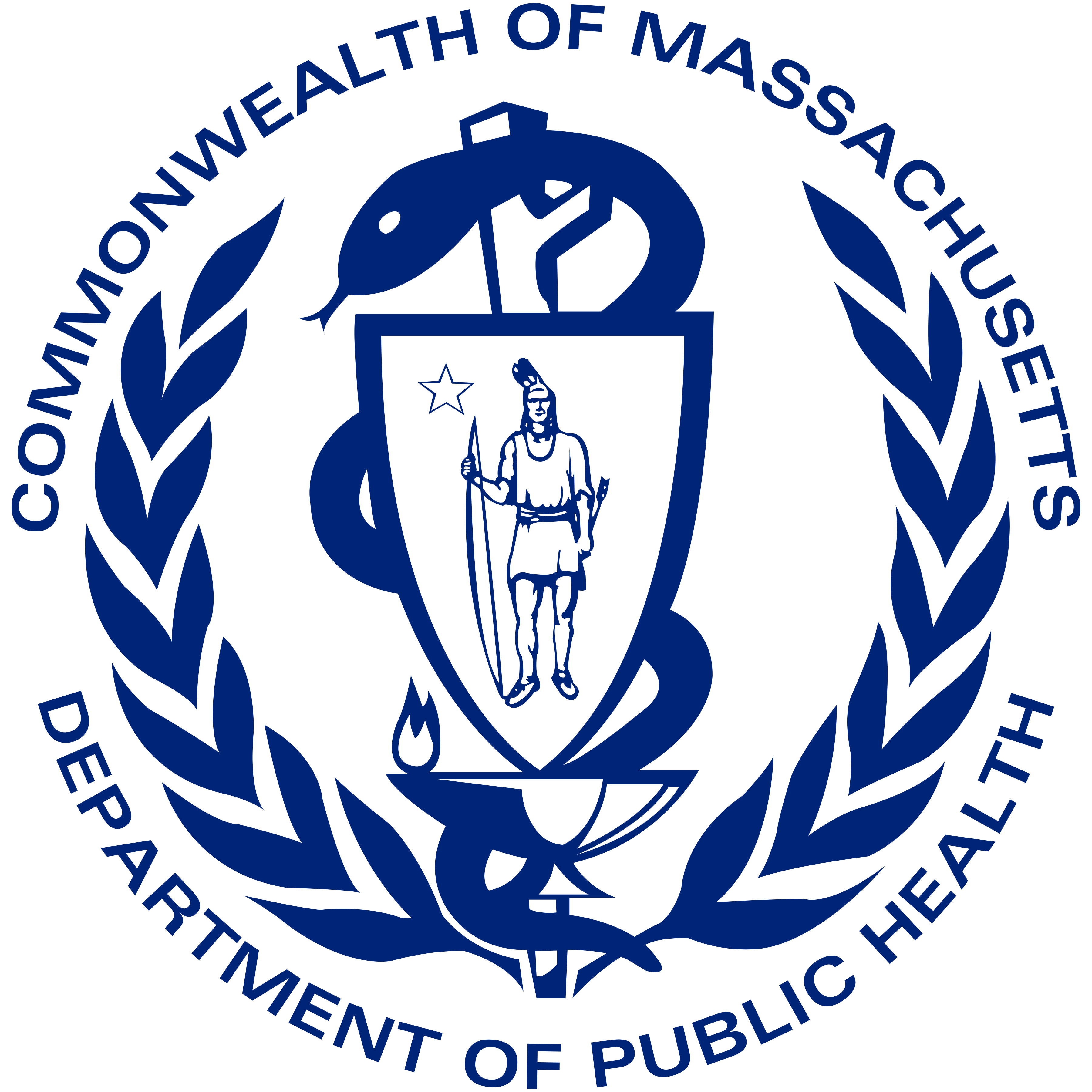- Department of Public Health
Families across the country, including in Massachusetts are facing challenges accessing infant formulas. These challenges are related to the February recall of certain Abbott infant formulas, the resulting increased demand for other brands of formula, and supply chain issues related to the COVID-19 pandemic. The Commonwealth is proactively addressing these short-term issues to help families access safe, healthy feeding options for their infants.
The Massachusetts Department of Public Health’s (DPH) Women, Infants, and Children (WIC) program is a nutrition program that provides healthy foods, nutrition education, breastfeeding support, and referrals to healthcare and other services, free of charge, to Massachusetts families who qualify. Infant formula and specialty medical formulas are available as part of the WIC food package for participants who are not fully breastfeeding and/or need special formula for medical need. WIC participants access their benefits by using their WIC Card (electronic benefits) at more than 800 retail grocery stores and pharmacies across the Commonwealth. Health insurers, including MassHealth, pay for specialty medical formulas in certain cases, such as when a child has allergies or trouble absorbing nutrients.
What Massachusetts is doing:
The Executive Office of Health and Human Services, with DPH and MassHealth, has been taking immediate steps with the U.S. Department of Agriculture (USDA) and other federal agencies and suppliers to help families to access formula during this shortage:
- WIC is working closely with formula manufacturers and retailers to monitor availability of formula and regularly providing that information guidance to local WIC providers.
- On February 20, 2022, DPH requested and received three federal regulatory waivers from USDA that provide additional flexibility in response to the shortages such as: (1) covering other formula brands (other than Abbott) without medical documentation, (2) covering varying, nonstandard container sizes and (3) retailers’ ability to exchange recalled formulas purchased with WIC benefits for non-identical but similar formula products.
- As a result, Massachusetts WIC has added 8 more formula brands (including Mead Johnson and Gerber products, as well as a full range of private label/store brand options) and a total of 68 new formula products/can sizes that are now covered by WIC benefits.
- MassHealth has made it easier for members and providers to access medically needed formula by waiving prior authorization at pharmacies for members with a prescription.
- The Division of Insurance (DOI) and MassHealth are directing health plans to waive any prior authorization for formula needed for medical reasons for 90 days to prevent any undue delays in member access to specialty formula.
What can families do?
- If families are experiencing challenges locating formula, they should contact their local WIC office, the 800-number on the back of their WIC Card, or by email to: wicinfo.dph@massmail.state.ma.us .
- Participants are encouraged to use the WICShopper smartphone app to identify options available with their specific formula benefit. Contact information, including email addresses, for local WIC offices can be found here.
- Many local WIC programs also communicate with families by text message. Families can turn to local WIC providers, reputable online retailers, distributors, and manufacturers as sources for finding formula. Contact United Way’s 2-1-1 or dial 2-1-1 to be connected to a community resource specialist affiliated with United Way who may be able to help identify food pantries and other charitable sources of local infant formula and baby food. Certain milk banks accredited by the Human Milk Banking Association of North America are distributing donated breast milk to mothers in need; please note that some may require a prescription from a medical professional. Find an HMBANA-accredited milk bank near you.
- Families can contact manufacturers for help in finding formula:
- MyGerber Baby Expert
- Abbott’s Consumer Hotline: call 1-800-986-8540
- Reckitt’s (Mead Johnson) Customer Service line: call 1-800 BABY-123 (222-9123)
- Families using a combination feeding of breast milk and iron-fortified infant formula may wish to consider increasing the frequency of breastfeeding or pumping so that they do not need as much formula. Families can reach out to a local lactation specialist to try and help increase their supply of breastmilk.
- If a family is not able to find formula for their child, they should contact their child’s health care provider to determine the best feeding plan. For cow's milk-based formula, a comparable other brand, including generic or store brand, smaller manufacturer, or organic options are generally fine.
- Families who need formula for medical reasons should talk to their health care provider about a prescription to get specialty formula through a pharmacy. Health care providers can write on the prescription an appropriate substitute if a specific formula is not available.
What should families avoid?
- Do NOT make homemade infant formula. Homemade formula recipes can be very dangerous for babies since they have not been evaluated by the FDA and may lack nutrients vital to an infant’s growth.
- Do NOT water down formula to stretch it out; it can be extremely dangerous to your baby to do so. Always follow formula label instructions or those given to you by your health care provider.
- Toddler formula and plant-based milk alternatives are not recommended before a child’s first birthday.
- Do NOT buy formula from overseas, online auctions, or unknown individuals. Storage and shipping conditions may impact formula safety. The American Academy of Pediatrics discourages families from purchasing formula online that comes from outside the United States. These products are not regulated by the FDA, and there may be confusion over labeling. The FDA is exploring safe options for importing formula from other countries.
